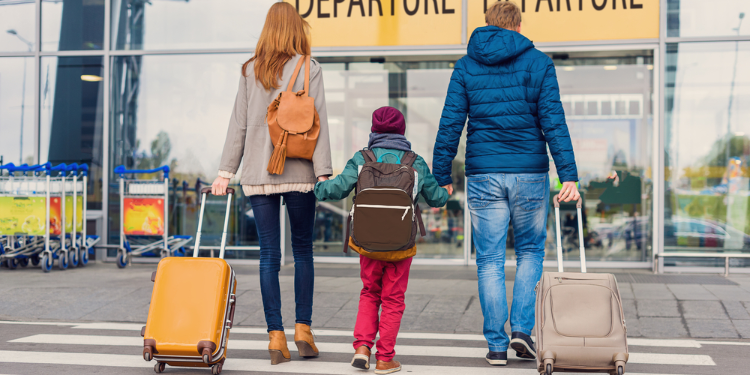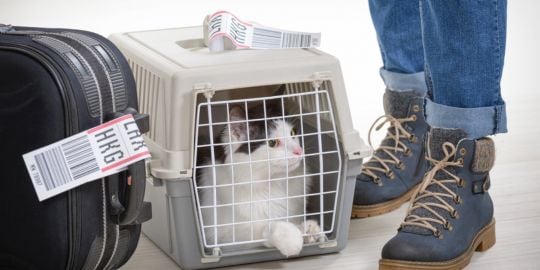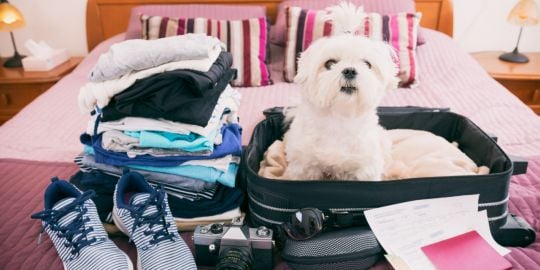How to get started?
First of all, list all the reasons why you're looking to go back home. Is it to reunite with your family after experiencing this unprecedented global health crisis? It is that your visa expired? If this is the case, consider checking with your embassy and the authorities in your host country for the possibility of renewing or extending your visa until things get better. Have you lost your job and can no longer afford to pursue your dream of living abroad? Or is it that you don't feel safe, being alone in your host country and away from everyone? Regardless of the reason, do not rush. Make sure to enquire with your embassy about the repatriation formalities as you might need some kind of authorisation. Also, will you be quarantined upon your arrival? Are there any fees to pay? What about your personal belongings? Are you plan to ship them back home, sell them or donate them? What about your apartment? In case of breach of contract, will you recover the deposit that you had provided to the owner? Make sure you find the answers to all these questions before booking your trip.
What about your career?
Have you thought about what you're going to do careerwise once you're back home? Have you already found a job or are you going to job-hunt once you've settled down? You might be luckier if you had been transferred abroad by your company, but if this isn't the case, don't let your time get wasted. Start looking for new opportunities right now, keeping in mind that it might be quite tricky given the current economic downturn and the job crisis. Do not hesitate to enquire with your professional network and your social circle. Have you thought about freelancing? If you are still employed but, try to see whether remote working is an option for your employer. Also, since you've probably acquired a lot of skills and experience abroad, have you considered becoming your own boss? Starting a business could be the answer to your questions if you're finding it hard to find a job in your home country.
Where are you going to stay?
Do you already have a place to live in your home country? Maybe at your parents' place, your family home, or with your friends until you find some nice place to settle in? The coronavirus pandemic had a significant impact on the global property market, especially on prices. In fact, departures in many countries means that accommodation is more easily available. Maybe you would like to rent an apartment or a house for you and your family. But if you have the budget, consider investing in real estate. According to a study by Knight Frank, more and more expats are looking to buy property back home as prices and mortgage rates are going down.
What about social security?
What if you have been laid off in your host country and haven't yet found a job in your home country? You may be eligible for unemployment benefits upon your return. However, make sure to enquire on your eligibility and the conditions to be met with your home country's embassy. What about health care? Do you need health insurance? Obviously, it is recommended that you get private health insurance both when moving abroad and repatriating.
What about your children?
Repatriating with your family may not be as simple as you think. Have you thought about your children and their education? Sure, you might have opted for international education for them, but in terms of adaptation, do not take things lightly. Start by explaining the situation to them in a gentle way so that they understand that the decision you have taken is in everyone's interest. Children can find it hard to adapt to a brand new environment and to new people. Regarding your home country's education system, do your best to ensure a smooth transition for your child who might need to pass entrance examinations.
Finally home!
Once you've repatriated successfully, you will still have some formalities to complete, such as customs procedures on arrival, or shipping back your belongings. Also, remember to register with the tax department to avoid penalties. But that's not all! Repatriation doesn't necessarily mean that things will naturally get back to the way they used to be. You're probably super excited to reunite with your close ones after going through the COVID-19 crisis so far away on your own. However, do inform them before visiting them. You will agree that this particular experience has been different for each one of us, so it might be a bit hard to reconnect at once.
















